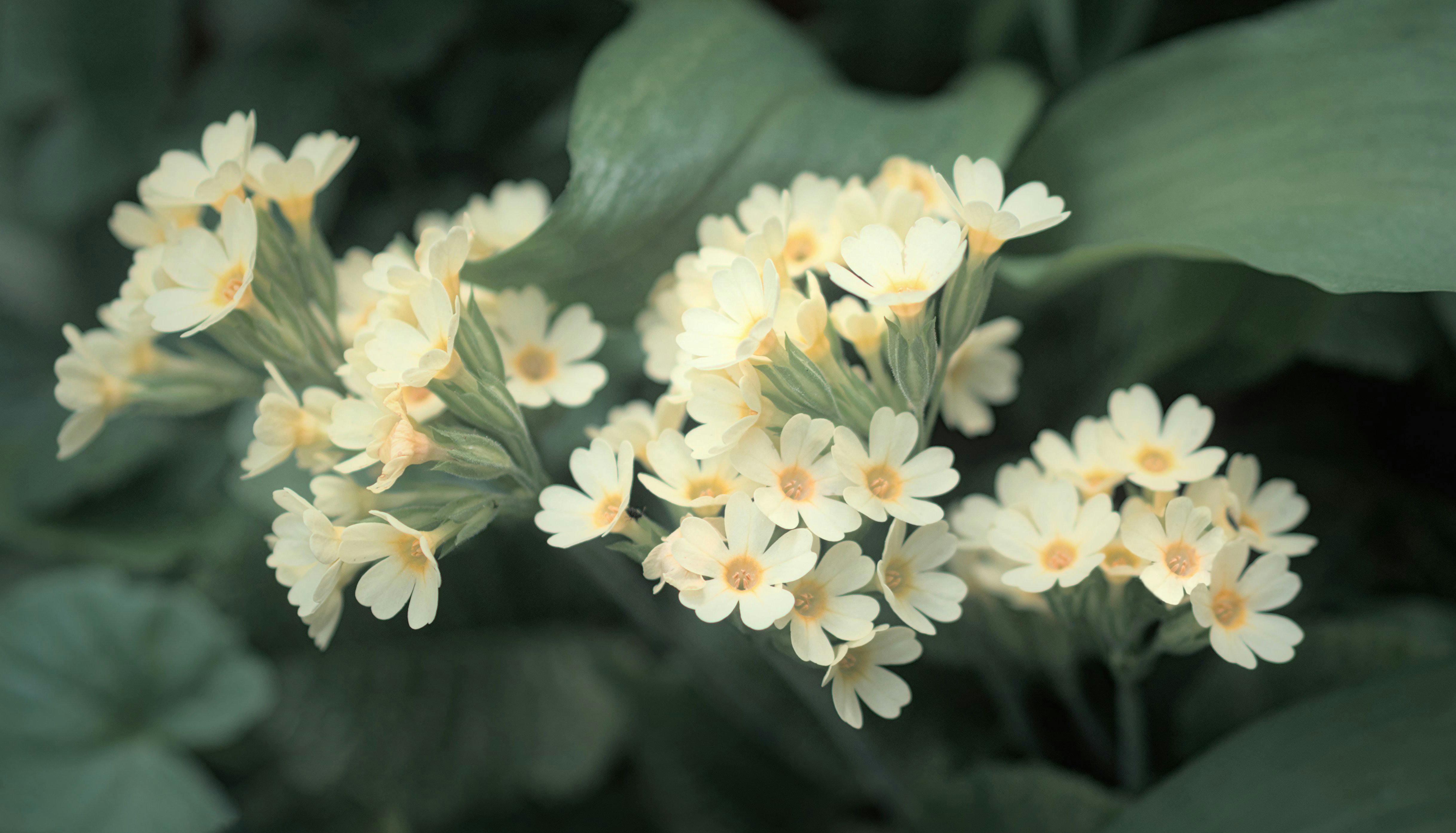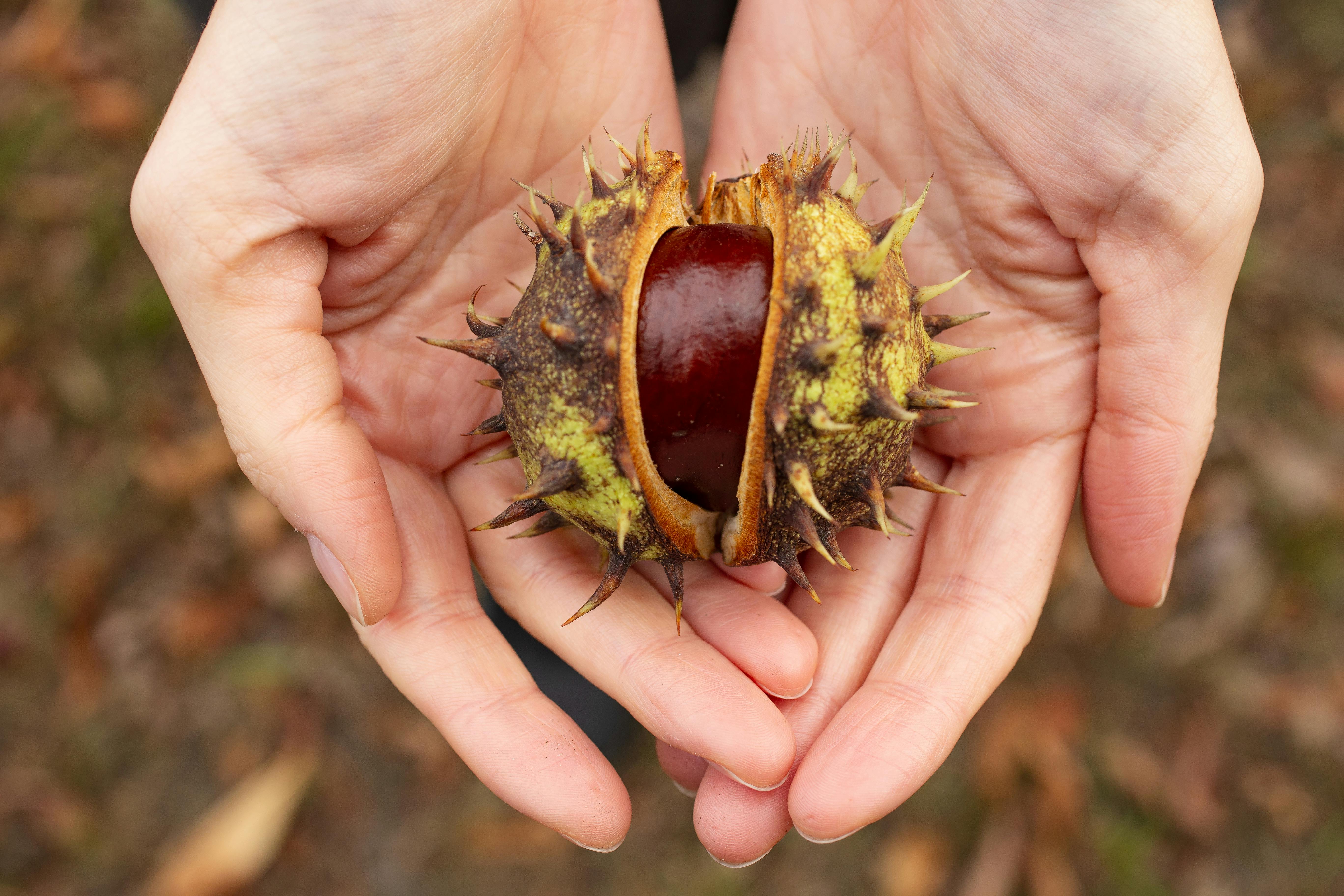Mr. Gardener: The Ultimate Guide to Gardening Enthusiasm
Introduction to Mr. Gardener
Gardening is not just a hobby; it’s a passion that helps individuals connect with nature. In this article, we’ll explore the *Mr. Gardener* persona, emphasizing gardening techniques, tips, and creative ideas that can elevate any garden space. Whether you are a novice or an experienced gardener, understanding the philosophies of Mr. Gardener will inspire you to cultivate your green thumb.
Understanding the Philosophy of Mr. Gardener
The *Mr. Gardener* philosophy revolves around sustainable practices and fostering a love for nature. This approach encourages gardeners to not only focus on aesthetics but also on the health of the ecosystem. Adopting ideas such as composting, native planting, and permaculture can transform a garden into a sustainable paradise. For example, many enthusiasts practice organic gardening, which eliminates the need for harmful pesticides, resulting in healthier crops and a more vibrant garden environment.

Creating a Vision for Your Garden
To embody the *Mr. Gardener* spirit, it’s essential to develop a vision for your garden. Start by assessing the space you have available and determining the kind of garden you want to create—be it a flower garden, vegetable patch, or a serene sanctuary. Consider factors such as sunlight, soil type, and the local climate. By establishing a clear vision and set goals, you’re more likely to cultivate a thriving garden that reflects your personal style and values.
Essential Gardening Tools and Techniques
An important aspect of gardening as inspired by *Mr. Gardener* is having the right tools and techniques at your disposal. Proper gardening tools not only simplify tasks but also enhance the gardening experience. Essential tools include trowels, pruners, and hand rakes, each serving its unique purpose in maintaining the health of your garden.
Choosing the Right Tools
When it comes to selecting gardening tools, quality should take precedence over quantity. Investing in well-made tools will save you time, money, and effort down the line. For instance, a durable pair of pruning shears can make all the difference in maintaining the shape and health of your plants. Additionally, ergonomic tools can reduce strain and fatigue, making gardening a more enjoyable activity.
Mastering Basic Gardening Techniques
Equipping yourself with fundamental gardening techniques is crucial. Understanding how to prepare soil, plant seeds, and manage pests will greatly enhance your gardening prowess. For example, proper soil preparation involves testing soil pH levels and incorporating organic matter to create nutrient-rich soil. This foundational knowledge allows you to create a thriving environment for your plants.
Caring for Your Garden: Routine Maintenance
Routine maintenance is a core principle within the *Mr. Gardener* ethos. Regular watering, weeding, and pruning are essential for the health of your garden. Establish a maintenance schedule to ensure that your garden receives the care it needs throughout different seasons. For example, in spring, focus on planting and fertilization, while summer should involve watering and monitoring for pests.
Designing an Aesthetic Garden Space
With the foundational knowledge of gardening in mind, it’s also important to consider design elements. Crafting an aesthetically pleasing garden is about creating harmony between plants, structures, and spaces. Utilizing colors, textures, and heights can greatly enhance the visual appeal of your garden.
Incorporating Color and Texture
The *Mr. Gardener* approach entails an understanding of how colors and textures interact within a garden. Planting flowers with contrasting colors can create vibrant focal points, while varying foliage textures adds depth and interest. For instance, combining soft, flowing plants with rigid, architectural foliage can create a dynamic visual experience in your garden space.
Creating Functional Garden Spaces
Beyond aesthetics, think about how your garden can be functional. Incorporate pathways, seating areas, or even water features that encourage relaxation and enjoyment of the space. For example, a well-placed bench amidst flowering plants can provide a serene escape after a long day. Ensuring that the design encourages both beauty and usability elevates the *Mr. Gardener* philosophy to new heights.

Building a Community through Gardening
Gardening often fosters a sense of community. Engaging with fellow gardeners can provide support, share knowledge, and inspire creativity. Embrace the idea of gardening as a communal activity by joining local gardening clubs, participating in workshops, or even starting a community garden project.
Benefits of Joining a Gardening Community
Joining a gardening community has numerous benefits—a shared passion can lead to lasting friendships and the exchange of valuable gardening tips. Moreover, participating in community events can provide opportunities for hands-on learning. For instance, community gardens can offer shared resources/tools and collective efforts in maintaining shared spaces, making gardening accessible to all.
Hosting Gardening Workshops
Consider hosting workshops in your local area, sharing your knowledge and expertise on specific gardening topics. Workshops can be an opportunity for both beginners and experienced gardeners to learn from one another. Topics could range from organic gardening techniques to composting tips, ultimately fostering an enriched gardening community.
Key Takeaways
- Understanding the philosophy of Mr. Gardener is essential for cultivating a sustainable and beautiful garden.
- Equipping yourself with the right tools significantly enhances the gardening experience.
- Regular maintenance is crucial for the health of your garden.
- Aesthetic design helps create a visually pleasing and functional garden space.
- Building a gardening community can amplify learning and enjoyment.
FAQ
1. What are the essential tools recommended for beginner gardeners?
For beginner gardeners, essential tools include a lightweight trowel, pruning shears, a hand rake, and gloves. These tools are versatile and enable newcomers to tackle various gardening tasks effectively. Investing in quality tools upfront saves time and enhances the gardening experience.
2. How can I ensure my garden practices are sustainable?
To ensure sustainability in your garden, focus on organic practices that promote biodiversity. This includes using compost, practicing crop rotation, and planting native species. Such practices not only benefit the environment but also reduce the need for chemical inputs.
3. What are some common mistakes to avoid in gardening?
Common gardening mistakes include over-watering, planting too close together, and neglecting soil health. Recognizing these pitfalls can save time and resources while enhancing the success of your gardening endeavors.
4. How can I attract beneficial insects to my garden?
Attracting beneficial insects involves planting flowers that provide nectar and pollen, such as marigolds or lavender. Additionally, avoiding pesticides can help maintain a balanced ecosystem that supports beneficial insects in your garden.
5. Can I garden in a small space? If so, how?
Absolutely! Gardening in small spaces is very possible through container gardening or vertical gardening techniques. Using pots, hanging planters, and trellises allows you to maximize space while still enjoying the gardening experience.
